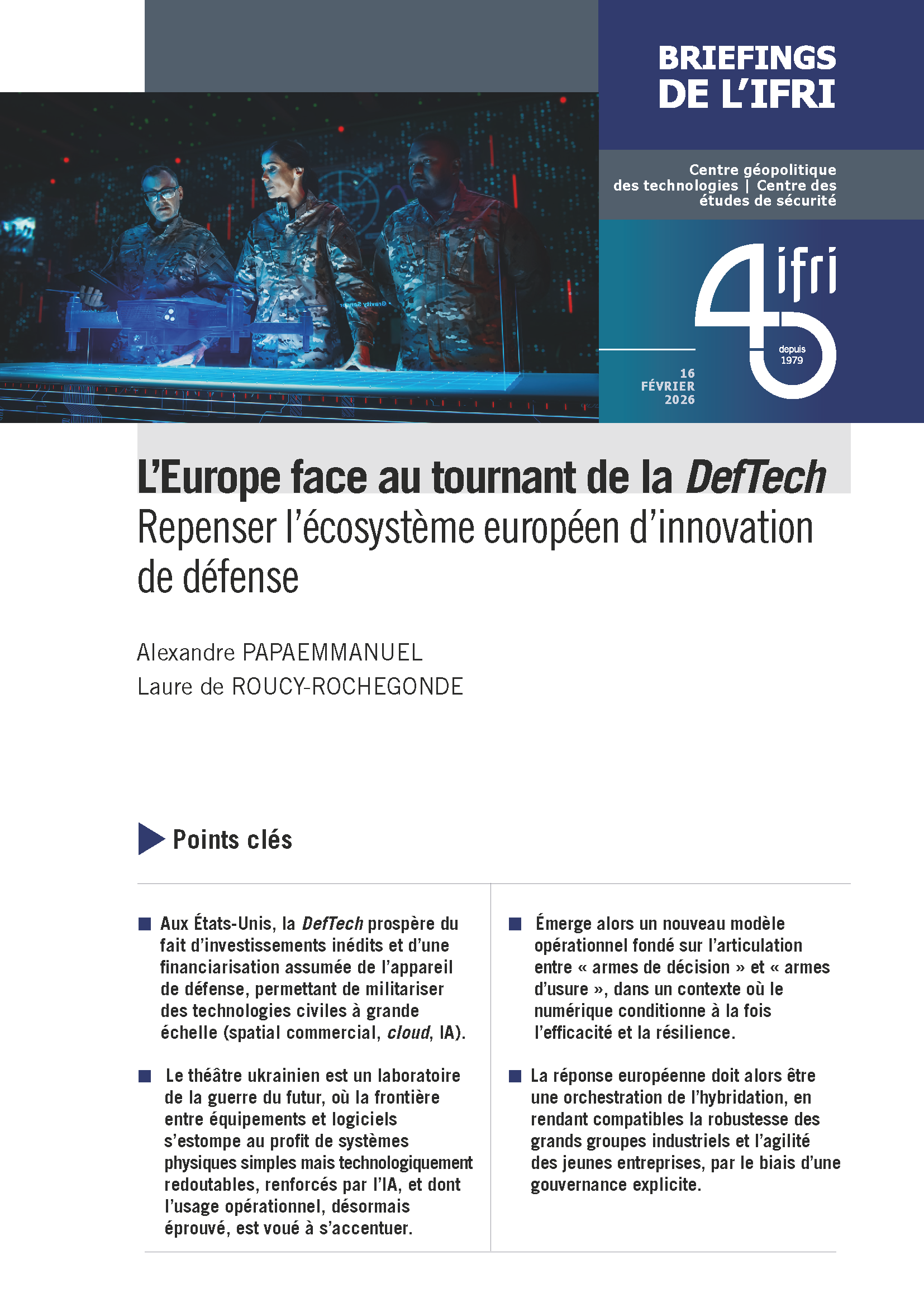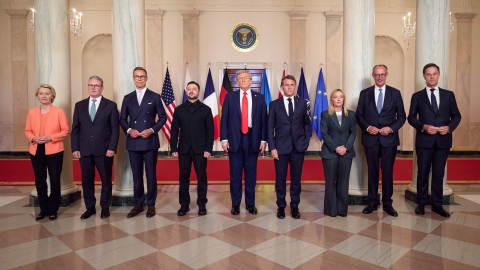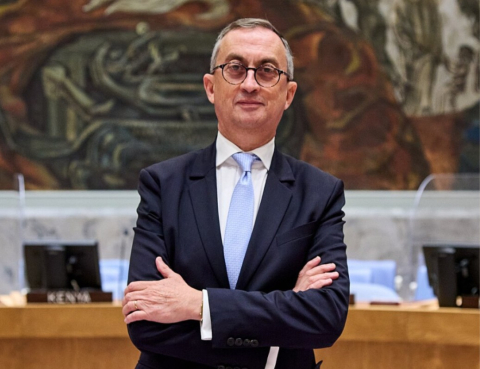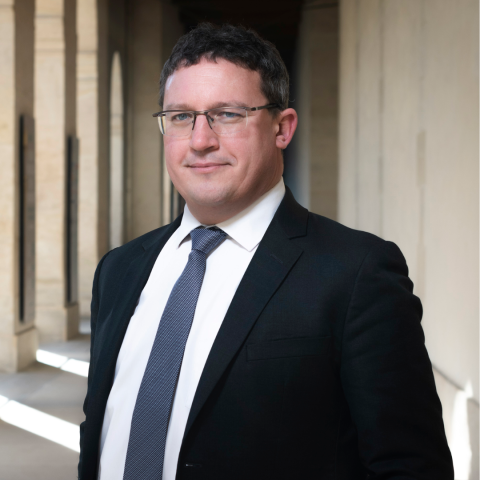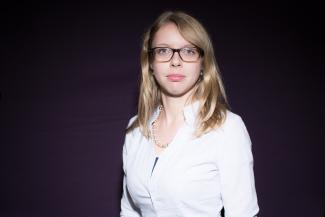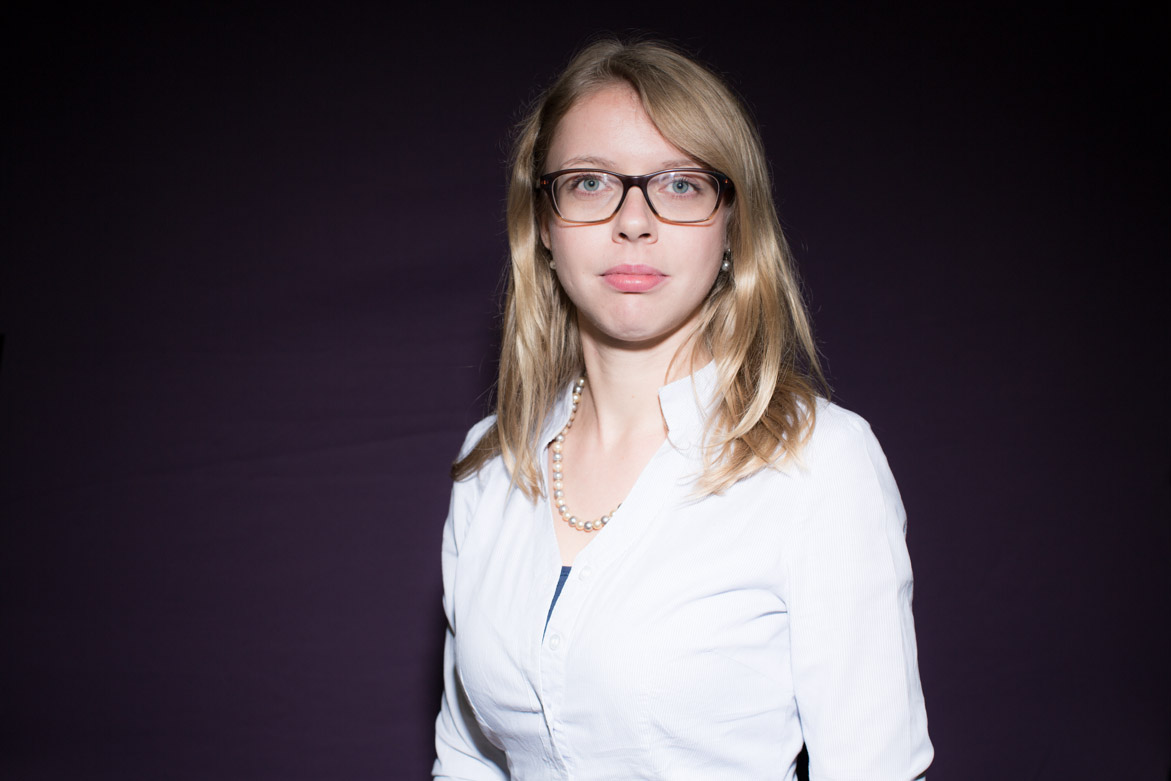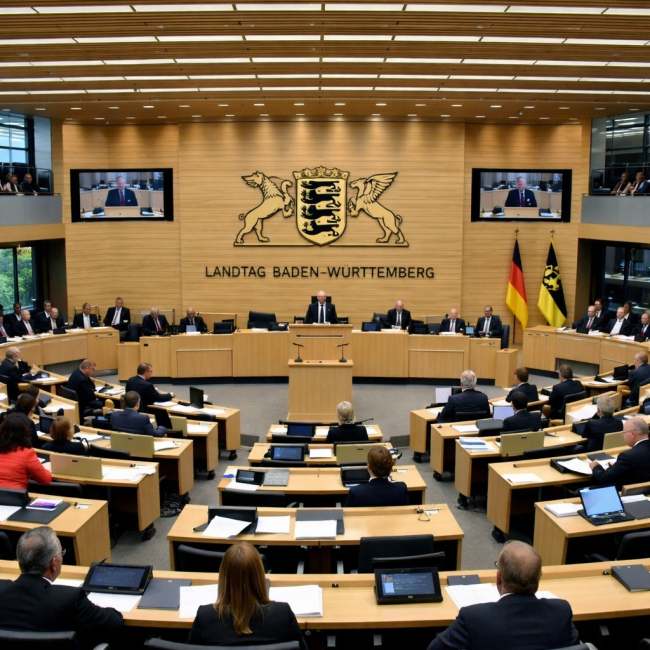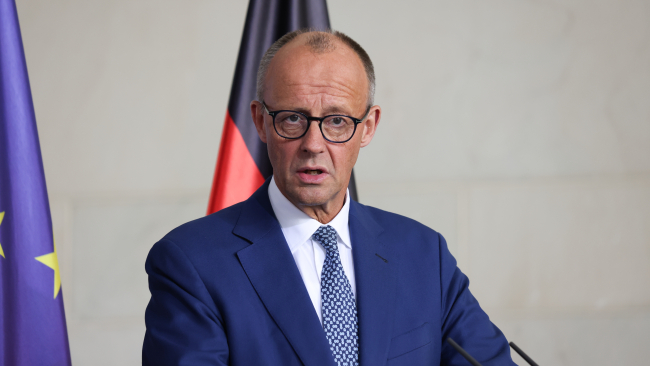A Hohenschönhausen Memorial Centre in the Nahdour Prison

Shortly after the fall of Zine el-Abidine Ben, the Ministry of the Interior was opened briefly to school groups. What then happened is a good illustration of how Tunisia treats the heavy legacy of the Ben-Ali-years. The children painted the walls of the former interrogation cells with crayons. Painting over the past, however, cannot be a satisfactory response for society and will continually be scandalized by democratic principles. If today we fortunately enjoy freedom of expression, this should not lead to wishing members of the Ennahda party back into their previous prison cells as soon as the people want to punish the government. The most important role of government agencies and civil rights groups will accordingly be to defuse the explosiveness of the political debate and raise it to the level of civil society. Former prison cells must be opened for viewing by civil society so that there will no longer be political prisoners in Tunisia"s young democracy and victims should be compensated or recognized for the first time as victims, regardless of their political orientation.
With the project Scholars in Residence, taking the processes of transformation as point of departure, the Goethe-Institut seeks to promote intercultural dialogue in the area of academic research and to strengthen scientific relations between Germany and the Arabic world on a long-term basis.
Scholars in Residence is part of the German-Egyptian and German-Tunisian transformation partnership 2012-2013. The project is an initiative by the Goethe-Institut and being carried out in cooperation with the Institute for Advanced Studies in the Humanities (KWI) and the Ruhr University Bochum"s Centre of Mediterranean Studies (ZMS). Funded with special grants provided by the German Federal Foreign Office.

Contenu disponible en :
Régions et thématiques
Utilisation
Comment citer cette publicationPartager
Centres et programmes liés
Découvrez nos autres centres et programmes de rechercheEn savoir plus
Découvrir toutes nos analysesLes élections régionales de 2026 dans le Bade-Wurtemberg : un premier test pour le gouvernement ‘‘noir-rouge’’ de Friedrich Merz ?
Les élections régionales dans le Bade-Wurtemberg en mars 2026 constitueront le premier grand test pour le gouvernement fédéral du chancelier Friedrich Merz. Le Bade-Wurtemberg, pôle majeur de l’industrie automobile allemande et de ses sous-traitants, est l’un des Länder les plus touchés par les politiques d’adaptation au changement climatique et aux conflits internationaux.
La Bundeswehr : du changement d’époque (Zeitenwende) à la rupture historique (Epochenbruch)
La Zeitenwende (« changement d’époque ») annoncée par Olaf Scholz le 27 février 2022 passe à la vitesse supérieure. Soutenues financièrement par la réforme constitutionnelle du « frein à la dette » de mars 2025 et cautionnées par un large consensus politique et sociétal en faveur du renforcement et de la modernisation de la Bundeswehr, les capacités militaires de l’Allemagne devraient augmenter rapidement au cours des prochaines années. Appelée à jouer un rôle central dans la défense du continent européen sur fond de relations transatlantiques en plein bouleversement, la position allemande en matière politique et militaire traverse une profonde mutation.
La fabrique de la politique européenne de l’Allemagne
L’ambition européenne de Friedrich Merz est de faire de l’Allemagne, souvent perçue comme hésitante, un acteur de premier plan de l’Union européenne. À cette fin, le chancelier allemand a annoncé vouloir mettre un terme au « German vote ». Celui-ci incarne le paradoxe d’une Allemagne à la fois indispensable et fréquemment absente dans la décision européenne.
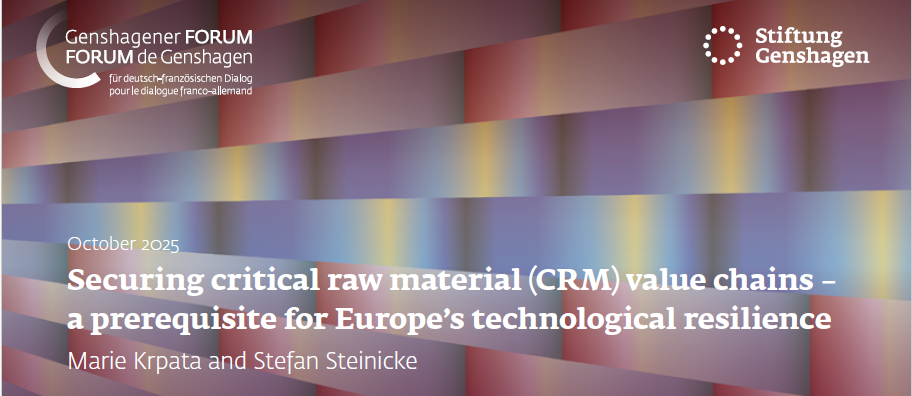
Sécuriser les chaînes de valeur des matières premières critiques (MPC) : une condition préalable à la résilience technologique de l'Europe
Au cœur de la sécurité économique, la résilience technologique est un pilier de la compétitivité de l'Union européenne (UE). Les transitions énergétique et numérique de l'UE dépendent des matières premières critiques (MPC).



